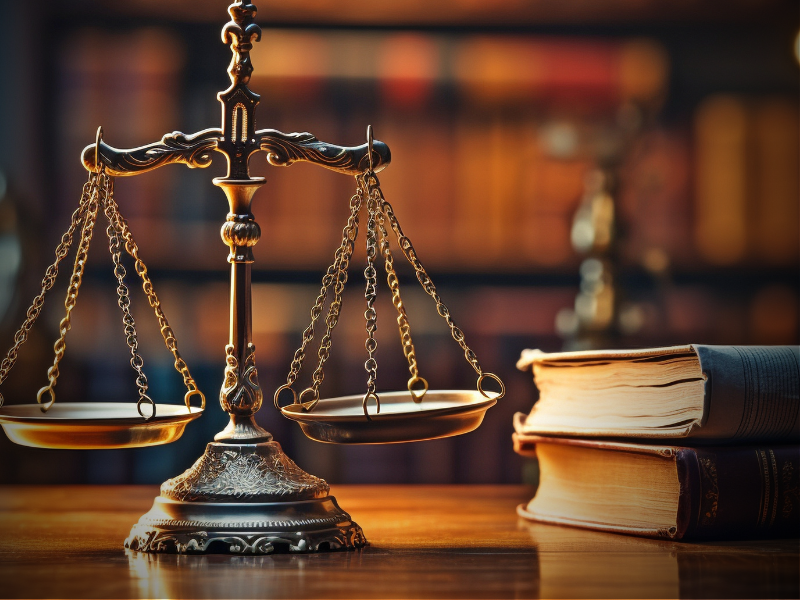
Singapore 2023: A Closer Look at the Evolving Intellectual Property, Patent, and Trademark Landscape
The Intellectual Property Office of Singapore (IPOS) is pivotal in administering Singapore’s intellectual property framework, encompassing patents, trademarks, copyrights, and trade secrets. Its core objectives include attracting foreign investment and cultivating innovation to enhance Singapore’s position as a leading intellectual property center in the Southeast Asian region.

Trademark Protection
-
- Registration Process: To register a trademark, applicants must search for the existing trademarks in the Registry of Trademarks, fill out a TM4 form, and pay the required fee. The processing time is approximately 12 months, and this might possibly be longer longer if there are objections raised.
- Cost of Trademark Registration in Singapore: The government charges S$280 per class for online trademark applications when using a pre-approved list of goods and services. If you choose not to use the pre-approved list and instead provide your own goods and services, the fee is S$380 per class.
- Duration of Protection: A registered trademark is protected for 10 years from the filing date and can be renewed on expiry.
- International Registration: Singapore’s participation in the Madrid Protocol facilitates international trademark registration.
- Legal Framework: Trademark law ensures businesses may protect their brand by preventing others from using identical or similar marks for related goods or services.
- Enforcement: The country has robust legal frameworks and enforcement mechanisms to protect trademark rights.
Patent Protection
-
- Application Process: The patenting process involves steps like searching for existing patents, filling out Patents Forms 1 and 11, and submitting a Formalities Examination Report (FER) within specific timeframes.
- Duration of Protection: Once granted, patents are protected for 20 years from the filing date, subject to annual renewal fees.
- File-to-Grant Programme: Applicants may be transferred to a 12-month accelerated patent grant programme.
- Legal Framework: The Patents Act, which mirrors the UK Patents Act of 1977, protects inventive designs and processes.
- Exceptions to Infringement: There is no infringement if the act was completed privately for non-commercial purposes, for experimental purposes or in connection with the extemporaneous preparation of medicines.
- Copyright Law: This law protects films, sound recordings, artistic works, musical works, literary works, performances, and broadcasts.
-
- Trade secrets and industrial designs are also recognised as part of Singapore’s comprehensive IP laws.
Government Initiatives
-
- Intellectual Property Hub Master Plan (2013): This plan aims to establish Singapore as a premier location for IP development, registration, and the general protection of intellectual property.
- Financial Incentives and Tax Regimes: This encourages the development and registration of IP.
- Education and Awareness Programmes: This provides information on IP rights and their effective use.
- Commercialisation Support: This includes matchmaking services and funding assistance.
Here are the examples of the case, which is notable for being the first to use the Supreme Court of Judicature (Intellectual Property) Rules 2022:
In May 2023, the Singapore High Court adjudicated its inaugural case using the new simplified procedure for intellectual property claims. The dispute, between Tiger Pictures Entertainment Ltd and Encore Films Pte Ltd, centered on copyright infringement of the film “Moon Man” and marked a significant application of the streamlined procedure designed for expeditious resolution of IP disputes. The court deemed the case suitable for this procedure, considering the involvement of an IP right, the monetary relief sought falling within the prescribed limit of SGD 500,000, and the absence of complex issues. This precedent underscores Singapore’s commitment to providing a more efficient and accessible avenue for resolving IP disputes, particularly benefiting smaller companies or individuals seeking cost-effective legal recourse.
Singapore faces challenges within its intellectual property (IP) framework, including regulating digital infringement, balancing IP protection with innovation promotion, and aligning with global IP norms. Key areas for improvement involve enhancing the efficiency of IP dispute resolution, updating laws for emerging technologies like AI and blockchain, and refining IP rights management in international transactions. While Singapore’s IP system is advanced and aligns with global standards, the complexity and costs present challenges, particularly for smaller businesses. Legal authorities stress the pivotal role of Singapore’s comprehensive IP framework in upholding its status as a global business hub and instilling confidence in innovation and business expansion.
In summary, Singapore’s intellectual property (IP) framework, which is administered by the Intellectual Property Office of Singapore (IPOS), is a strong and sophisticated system, especially by Southeast Asian standards. It is closely aligned with global best practices, which provides strong protection and fosters an environment conducive to innovation and business growth. Contemporary challenges, particularly those related to digital infringement and the delicate equilibrium between safeguarding intellectual property and stimulating innovation, underscore the adaptability and responsiveness of the legal landscape.
News and blog
Latest Posts
Understanding Carbon Tax: Calculations, Impact, and Reduction Strategies
In the global effort to combat climate change, carbon taxation has emerged as a crucial

Ensuring Ethical Practices Singapore’s Anti-Corruption Laws and Compliance Measures


